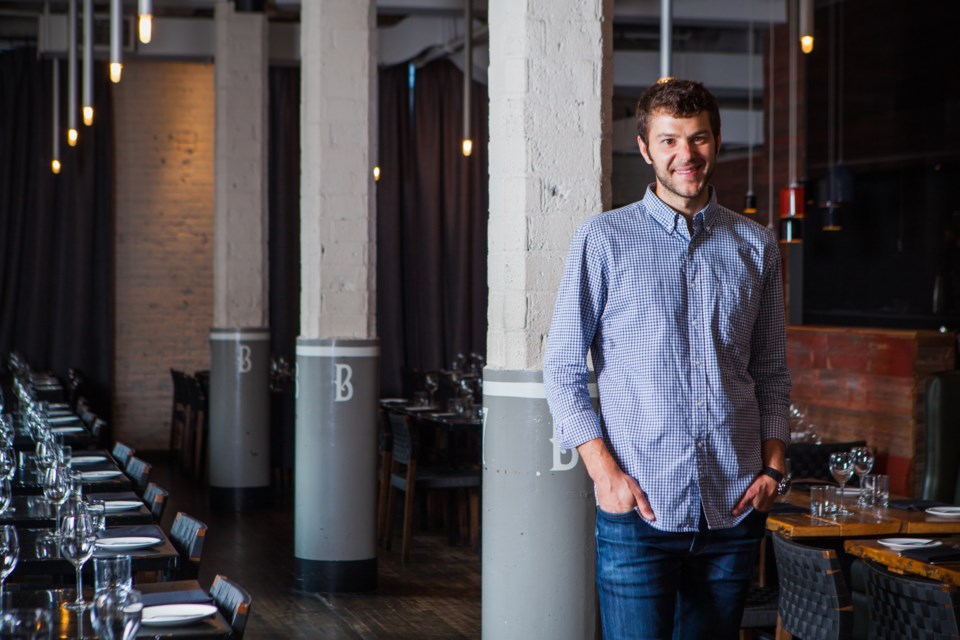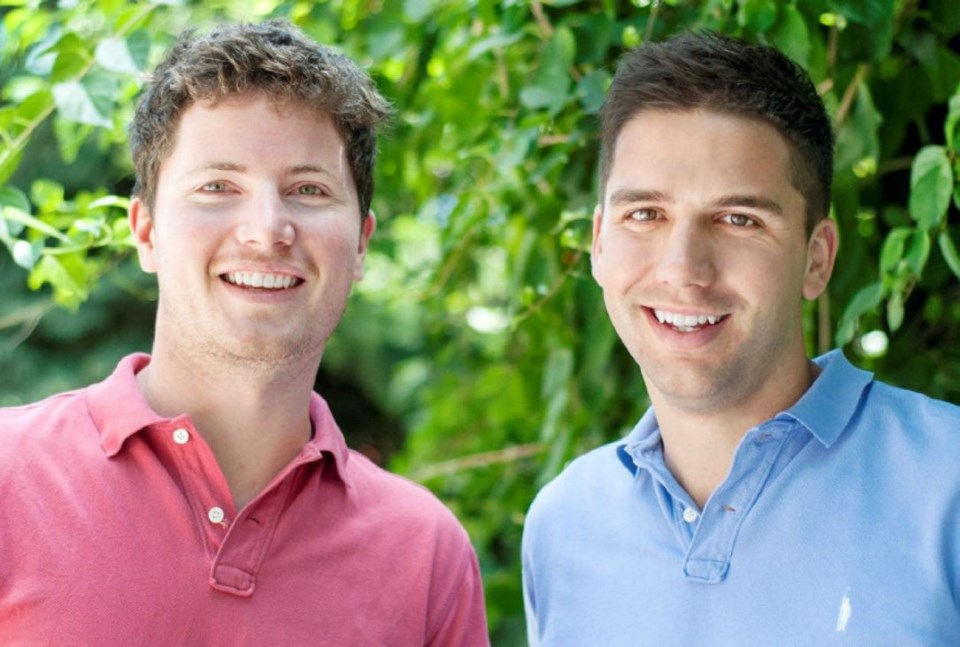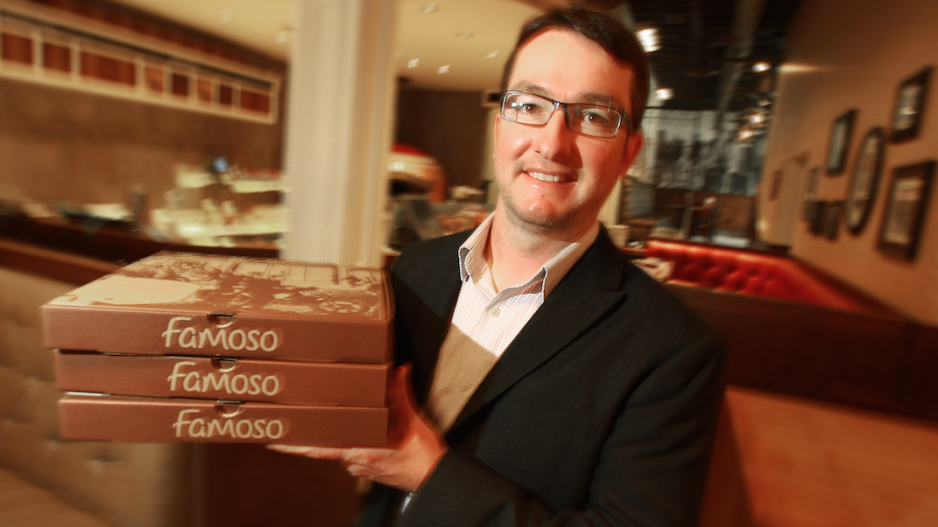2017 could go down as the year of unlimited meal delivery options.
The rapidly increasing number of companies that offer meal delivery is prompting industry watchers to predict that competition will force underperformers out of business and others to consolidate.
Until that happens, however, investors and entrepreneurs are rushing in with hopes that their ventures gain global traction.
Sub-niches have also evolved. Not only are there companies that deliver restaurant meals, but there are also ventures that distribute pre-made meals for those with gluten-free or vegan diets while others deliver refrigerated boxes with precise amounts of eight to 12 ingredients to allow home chefs to whip up a quick meal with minimal food waste.
Consolidation has arguably already begun, with British restaurant-delivery giant Just Eat PLC (LSE:JE) agreeing to buy Canada’s SkipTheDishes for $110 million in December.
Those deeper pockets have fuelled exuberant expansion plans for SkipTheDishes, which lists a dozen cities as “coming soon” on its website and will operate separately from Just Eat Canada, which also delivers restaurant meals.
“They’re making out like bandits,” pizza franchisor Famoso co-founder Christian Bullock said of the cluster of third-party delivery companies that partner with restaurants.
“They all charge restaurants in the 20% range and they also tack on a delivery charge for the customer,” Bullock told Business in Vancouver. “I think we as restaurant owners will get a lot more control in 12 to 18 months. They strip a lot of profit out of what we’re doing.”
Bullock and his partners at Famoso originally shunned delivery because their vision for the company was to sell authentic Neapolitan pizza made from special flour flown in from Italy and made in authentic ovens.
Delivery, he said, led to delays that interfered with customers’ enjoyment of the pizza. Demand, however, prompted the Famoso partners to pivot and partner with SkipTheDishes.
Competition includes ventures such as DoorDash, Daily Delivery and Germany-based Foodora, which launched in Vancouver in November with 50 restaurant partners and a small delivery area downtown. Foodora has since expanded to nearly 200 restaurants, and serves an area that includes Kitsilano, Mount Pleasant and Commercial Drive.
Its Canadian managing director, David Albert, told BIV that his company charges restaurants more than the 20% that Bullock found to be expensive. Foodora also charges customers $4.50 for small orders and $3.50 for those larger than $30.

(Image: Foodora's managing director for Canada, David Albert, operates food delivery in Toronto, Montreal and Vancouver | submitted)
“We try to provide more value to the restaurant than just sending them an order,” Albert said before explaining that his employees work with restaurants to recast menus to provide new items and to participate in co-branded marketing.
The pre-made meal category is probably best known for the charitable Meals on Wheels, which predominantly delivers food to seniors and shut-ins and relies on volunteers.
Newcomers, however, include the for-profit Eat Your Cake, Fitness Foods and Chomp, which all have pre-made meals for vegans, vegetarians and those adhering to raw diets. Eat Your Cake also has a meat-and-potatoes option.
Bullock sees this sub-niche as ripe for growth, so he invested in Edmonton’s pre-made-meal delivery service Mealife, which is readying to launch in Langley and North Vancouver this year. Its menu is more conventional.
The fastest-growing of all the meal delivery ventures, however, could be Chefs Plate, which delivers precise measurements of necessary ingredients so customers can cook their own meals at home.
The two-year-old venture earned venture funding last year from investors such as Invest-Eco Capital, Acton Capital Partners, Emil Capital Partners and BrandProject.
Chefs Plate co-founder Jamie Shea told BIV that he expects the company to generate $50 million in sales during 2017, thanks to a new fulfilment centre that he opened in Abbotsford in January. The company’s only other fulfilment centre is outside Toronto.

(Image: Chefs Plate cofounders Jamie Shea (left) and Patrick Meyer recently opened a fulfillment centre in Abbotsford in part because the area is close to local farms | Chefs Plate)
The Abbotsford facility has 100 full-time employees, Shea said, adding that “tens of thousands” of meals are shipped out of that facility each week via UPS, FedEx and Canada Post.
Customers get eight to 12 different ingredients to put together meals. Packages arrive in refrigerated boxes with gel packs that can keep the ingredients fresh for up to 60 hours, Shea said.
Part of Chefs Plate’s business edge lies in cutting grocers out of the supply chain by dealing directly with farmers.
“Abbotsford is a hub for locally grown products and we work closely with farm-to-table ingredients,” he said.•




